Healthcare Costs Under Different Party Policies: What GE2025 Means for Your Medical Expenses
As Singapore’s population ages and healthcare costs rise, ensuring affordable and sustainable healthcare has become a top priority for political parties ahead of the 2025 General Election (GE2025).
The People's Action Party (PAP), Workers' Party (WP), Progress Singapore Party (PSP), and Singapore Democratic Party (SDP) have each outlined distinct approaches to address these challenges.
From enhancing existing schemes to proposing sweeping reforms, their policies reflect different visions for Singapore’s healthcare future.
This article compares the healthcare proposals of these parties, focusing on affordability, accessibility, and sustainability.
By understanding their strategies, voters can make informed decisions about which approach aligns best with their needs and values.

People's Action Party (PAP): Enhancing Existing Schemes and Infrastructure
The PAP government emphasises incremental improvements to existing healthcare policies while expanding infrastructure to meet growing demands.
Enhancing Affordability
- MediSave Expansions:
- Annual MediSave limits for outpatient scans will double from S$300 to S$600 starting January 1, 2026.
- Flexi-MediSave withdrawal limits for seniors aged 60 and above will increase from S$300 to S$400 from October 1, 2025.
- CHAS Subsidies: Dental subsidies under the Community Health Assist Scheme (CHAS) will be enhanced in Q4 2025, including extending subsidies to Orange cardholders and raising limits for restorative procedures for targeted groups.
- Long-Term Care: Subsidies for long-term care services will increase by up to 15 percentage points (maximum 80%) from July 2026, with interim rebates provided from July 2025 to June 2026.
- Seniors’ Mobility Fund (SMF): Enhanced subsidies and expanded coverage for assistive devices will take effect in January and April 2026.
Preventive Health Initiatives
- Programmes like Healthier SG, Age Well SG, and Grow Well SG aim to promote preventive care for adults, seniors, and children, respectively. These initiatives focus on reducing future healthcare burdens through early intervention and healthy living.
Infrastructure Development
- Plans include adding 13,600 hospital beds over the next five years, redeveloping Alexandra Hospital, and building the new Eastern General Hospital. Mental health support will also be strengthened.
Managing Rising Costs
- Healthcare spending is projected to reach nearly S$30 billion annually by 2030, driven by ageing and advanced treatments. The PAP plans to fund these costs through expected economic growth rather than specific tax increases. Patients will continue to co-pay using insurance and MediSave.
Workers' Party (WP): Expanding MediSave Use and Senior Care
The Workers' Party (WP) focuses on making healthcare more accessible for vulnerable groups, particularly seniors, through expanded MediSave usage and enhanced senior care facilities.
Expanded MediSave Usage
- All Medical Expenses for Seniors: The WP proposes allowing seniors aged 60 and above to use MediSave funds for all medical expenses not covered by MediShield Life, MediFund, or other assistance schemes. This would apply only at government polyclinics, public specialist clinics, and CHAS clinics.
- Chronic Disease Spending Limits: Annual spending limits on MediSave usage for chronic diseases under the **Chronic Disease Management Programme (CDMP)** would be removed for seniors aged 60 and above.
Enhanced Senior Care Facilities
- Silver Living Development Scheme: The WP proposes increasing the availability of affordable assisted living facilities for seniors who need care but do not require nursing homes. This complements existing options like Community Care Apartments.
Alternative Funding
- The WP suggests alternative revenue sources, such as a net wealth tax and a minimum corporate tax, to fund rising healthcare costs instead of relying on GST increases.
Progress Singapore Party (PSP): Focused on MediSave Adjustments
While detailed healthcare proposals from the Progress Singapore Party (PSP) are limited, recent activities highlight its focus on making MediSave more responsive to rising costs.
Automatic MediSave Adjustments
- PSP NCMP Hazel Poa has urged the government to implement automatic annual adjustments to MediSave limits to ensure they remain adequate amid rising healthcare expenses. Specific details of the proposed adjustments were not provided.
Broader Policy Vision
- The PSP’s Manifesto 2025 likely contains more comprehensive healthcare proposals, though its contents were not captured in the available data.

Singapore Democratic Party (SDP): Advocating for a Single-Payer System
The Singapore Democratic Party (SDP) proposes transformative changes to the healthcare system, advocating for a universal single-payer model.
Single-Payer Universal Healthcare
- The SDP calls for replacing MediSave, MediShield, and CareShield with a government-managed central fund providing compulsory basic health, accident, and pregnancy coverage for citizens and eligible permanent residents.
Tax-Funded Services
- Hospital running costs, primary healthcare for chronic illnesses, hospice care, and home care would be primarily funded through taxes and donations, reducing reliance on individual co-payments.
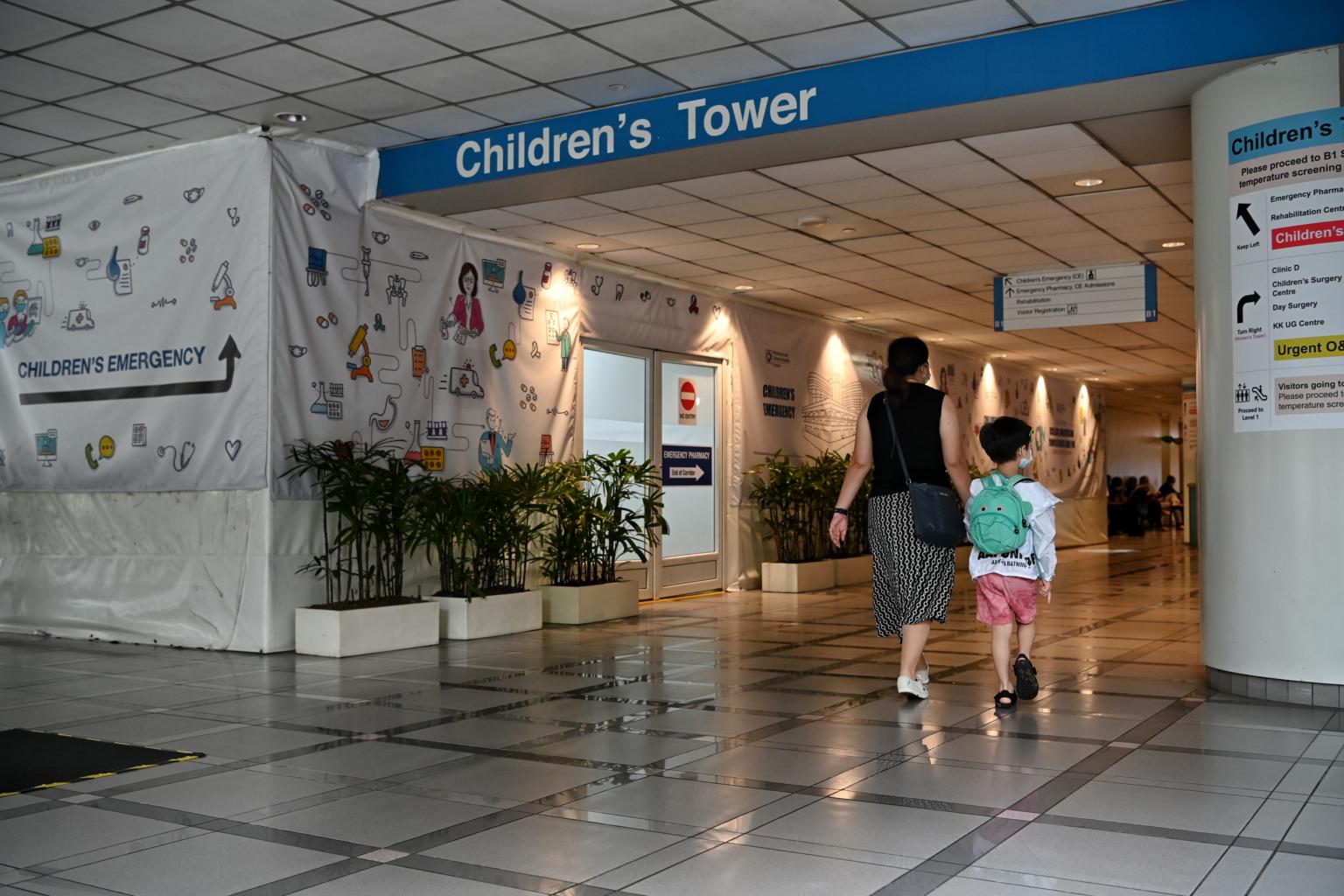
Free Maternal and Paediatric Care
- Maternal and paediatric services would be made largely free, funded by government taxes to address falling birth rates and invest in the country’s future.
Unified Public Healthcare Sector
- The current healthcare cluster system (NHG, NUHS, SingHealth) would be replaced with a single unified public healthcare sector to eliminate wastage and duplication.
GST Elimination for Essentials
- The SDP advocates for eliminating GST on essentials, including medicines, to reduce the financial burden on households.
Controlling Private Sector Costs
- The party aims to address spiralling costs in the private healthcare sector, ensuring affordability across both public and private systems.

Comparative Analysis: Key Takeaways
| Aspect | PAP | WP | PSP | SDP |
|---|---|---|---|---|
| Focus Areas | Enhancing existing schemes, preventive care, infrastructure | Expanding MediSave use, senior care facilities | Making MediSave more responsive | Single-payer system, tax-funded services |
| Affordability Measures | Increasing MediSave limits, CHAS subsidies, long-term care subsidies | Removing spending limits for seniors, expanded MediSave | Automatic MediSave adjustments | Free maternal/paediatric care, GST elimination |
| Infrastructure | Adding 13,600 hospital beds, redeveloping hospitals, mental health support | Silver Living Development Scheme | Not specified | Unified public healthcare sector |
| Funding Mechanism | Economic growth, patient co-payment | Net wealth tax, minimum corporate tax | Not specified | Taxes and donations |
Bottom Line:
Singapore’s healthcare challenges demand innovative and sustainable solutions. The PAP emphasises gradual enhancements and infrastructure development, leveraging existing frameworks to manage rising costs.
Meanwhile, the WP focuses on expanding MediSave use and improving senior care facilities, addressing affordability gaps for vulnerable groups.
Whereas, the PSP highlights the need for responsive MediSave adjustments, though specifics remain limited.
The SDP advocates for transformative change, proposing a single-payer system and tax-funded services to overhaul the healthcare landscape.
As voters weigh these proposals, they must consider which approach best balances affordability, accessibility, and sustainability.
Whether prioritising incremental improvements or systemic reforms, the goal remains the same: ensuring that every Singaporean has access to quality, affordable healthcare.
Let us know what you think about this topic, and what do you want to hear next.
Read more on these party policies breakdown on:
You can now be our community contributor and make a pitch to have your favourite personality be on our show.
Join our community group and drop us your insights on this topic.

-3.png?width=50&name=Square%20(2)-3.png)

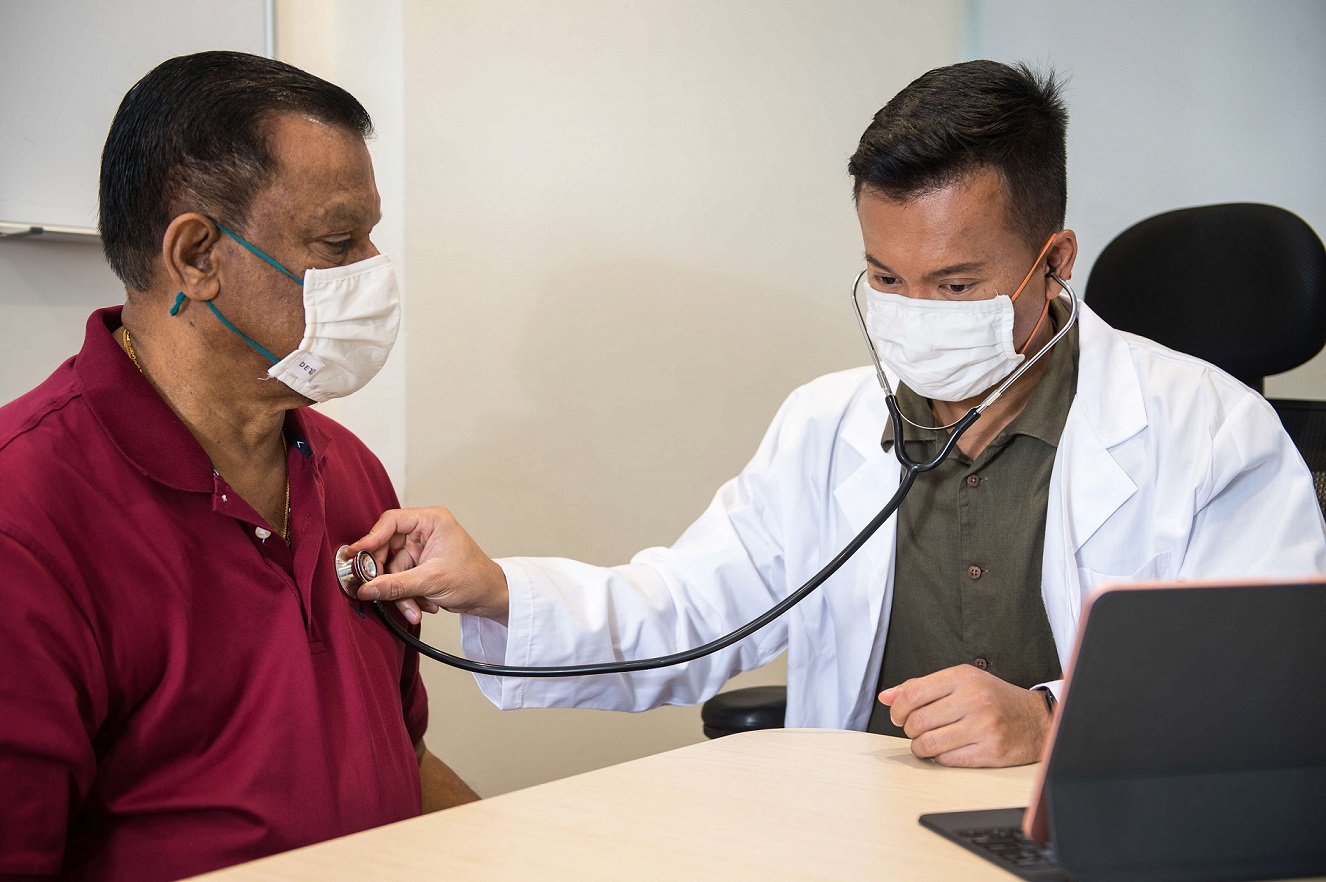

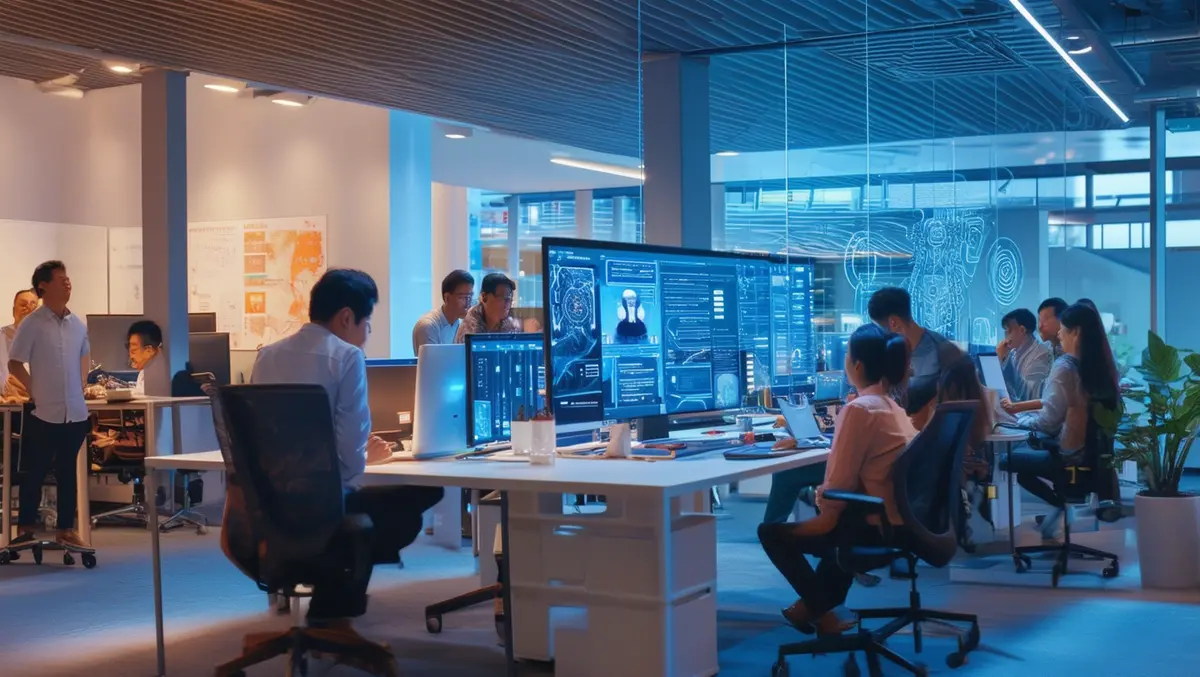
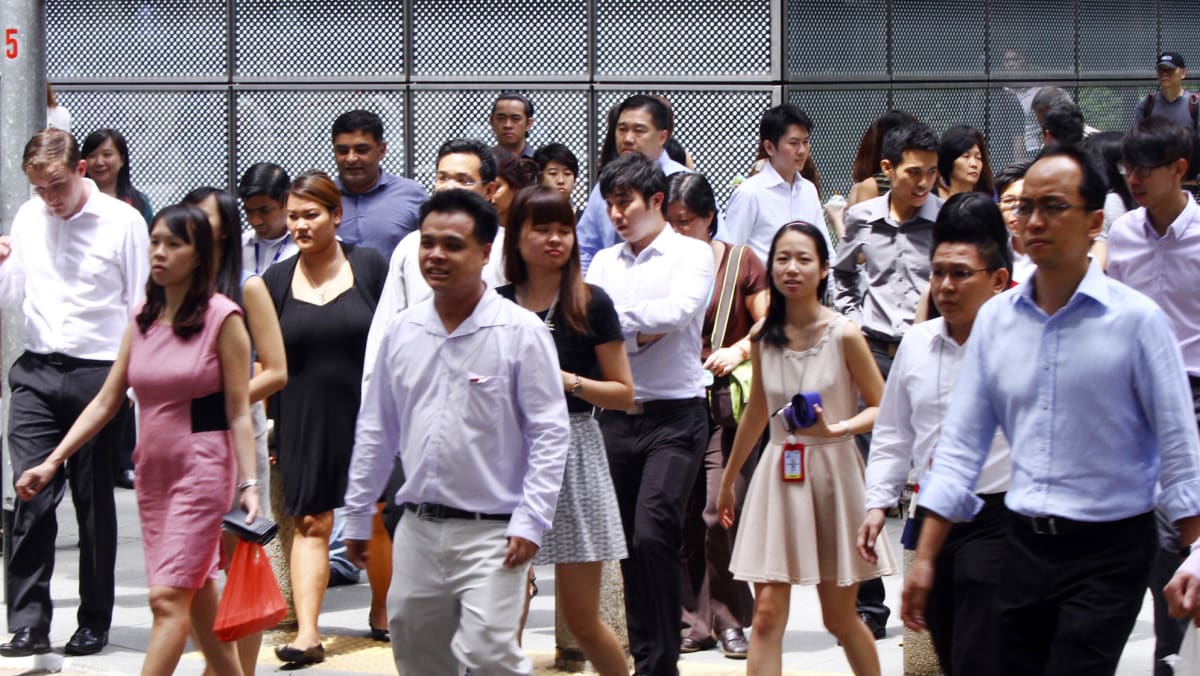
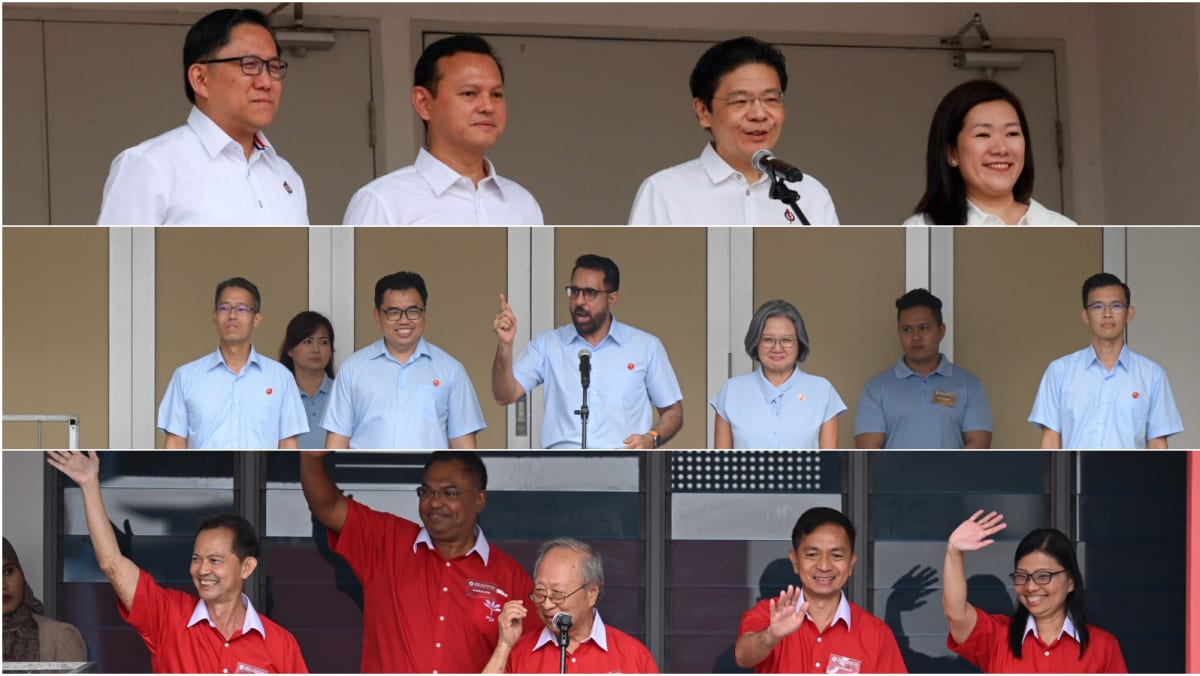
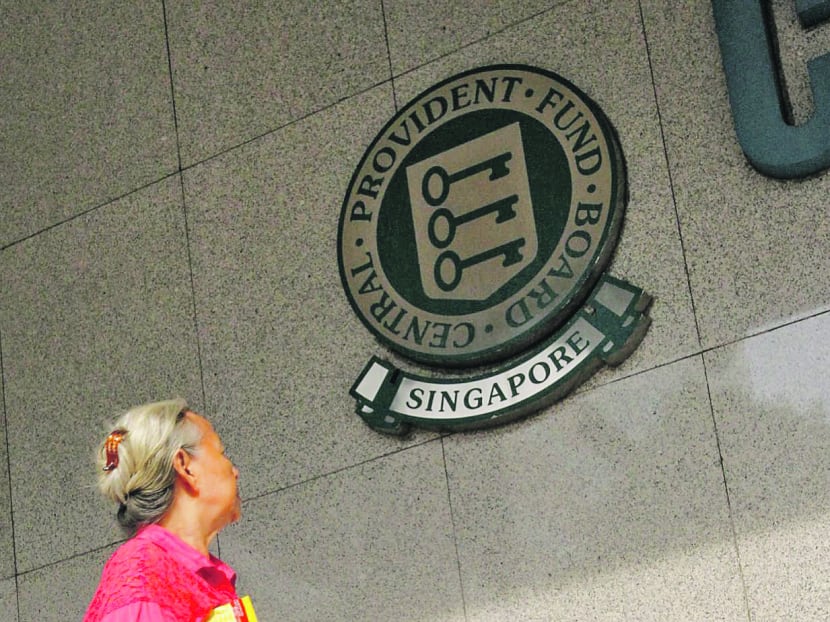

Let us know what you think of this post